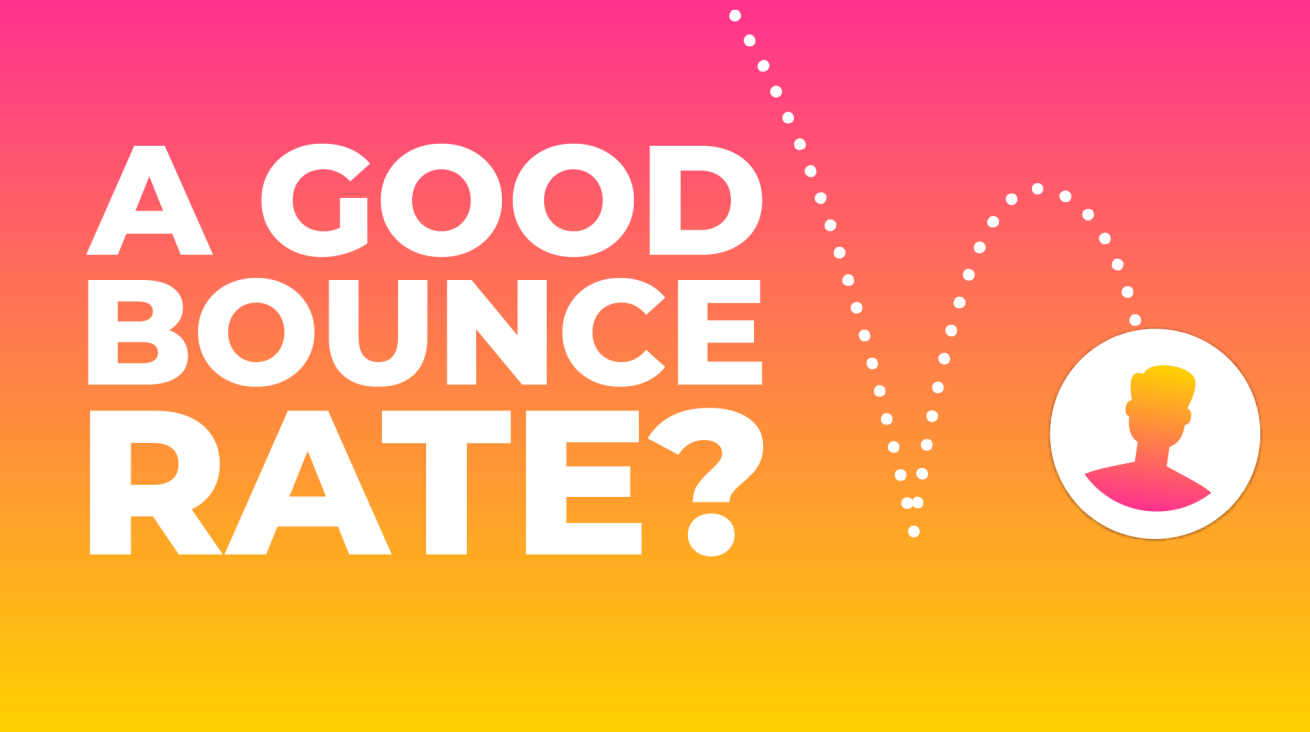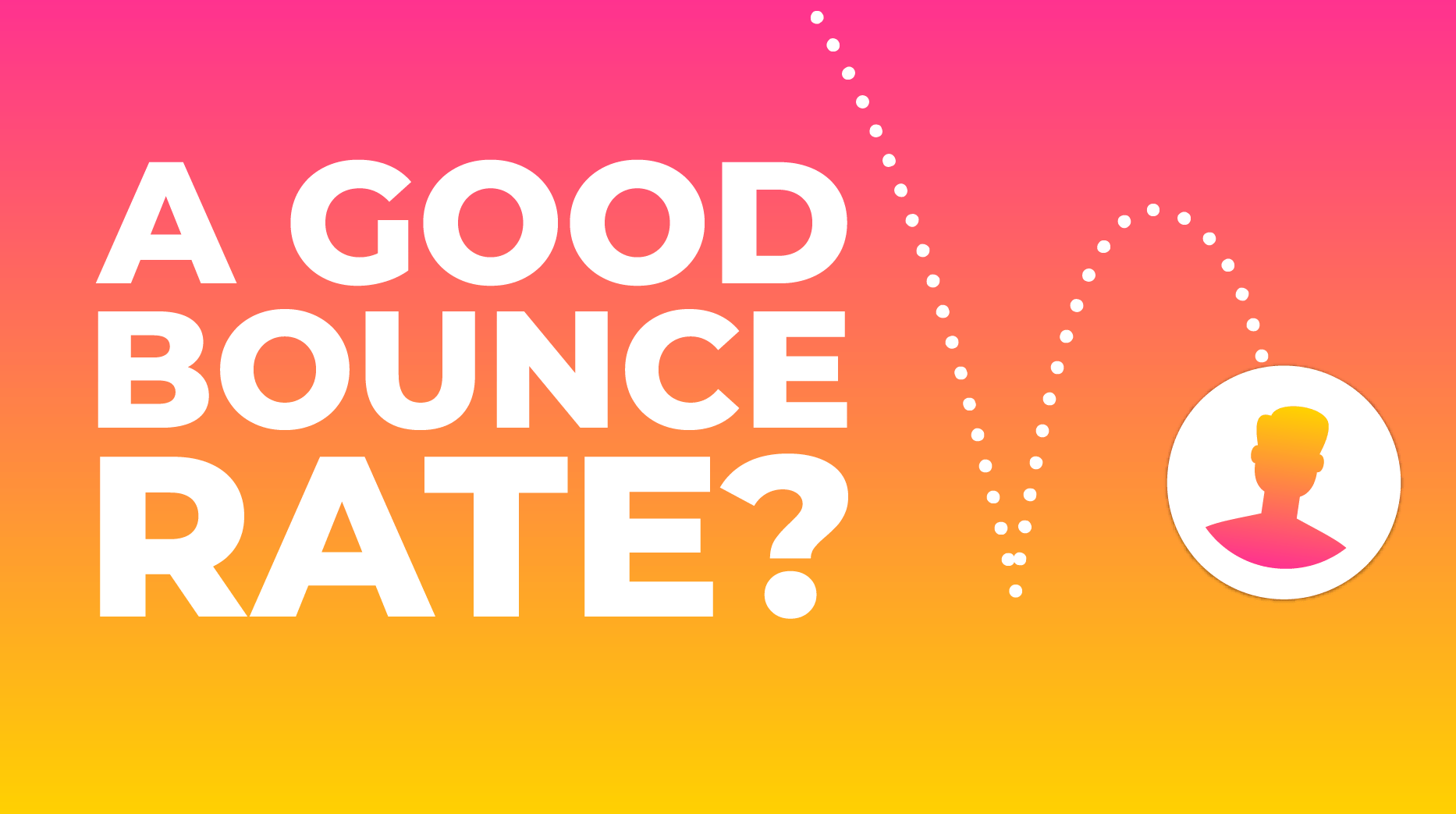
Is a high bounce rate a sign of click fraud?
NOTE: Updated January 2021
Strange spikes in audience visits, traffic coming from unusual geographic locations, or high bounce rates, are often signs there’s something more going on than just a poor landing page experience or mismatch between ad copy and webpage content.
What is Bounce Rate?
Bounce rates measure the number of single-page visits to a website. The bounce rate is the total percentage of single-page visits compared to all sessions on your website.
Lower quality web pages tend to have higher bounce rates as Google sees visitor lack of “user engagement” as an indicator that the content isn’t relevant for those landing – and leaving instantly.
But a high bounce rate can also signal that something’s misaligned wrong with your web traffic and audience.
Non human, bot traffic
A high bounce or spikes in bounce rate, paired with a high click-through rate, may be a symptom of click fraud on your campaigns.
According to research, up to 70% of your marketing budget could be being lost to bots and click fraud. Client data shows that up to 40-50% of your search and social clicks are invalid clicks carried out by bots.
Bots usually operate over a network and it’s estimated that half of all internet traffic is from bots. IT security company Imperva’s Bad Bot Report 2020 believes up to a quarter of all web traffic was carried out by bad bots in 2019.
Global losses from Click fraud have now overtaken credit card fraud. It has been dubbed the biggest story in tech that no one’s talking about. If you’re unaware of the Uber case where they turned off $100m of ad spend and saw no difference in sales, it’s well worth a read.
Identifying potential click fraud
For many performance marketers, the idea of how deeply their budgets are being affected by online ad fraud is still a mystery and for those aware, finding the evidence or what to do when they have it presents another set of challenges.
Many publishers including Google Ads, have inbuilt systems to monitor click fraud, so you may see credits to your account for fraudulent clicks before you even notice indications of ad fraud like a high bounce rate.
There are things you can do to identify potential click fraud.
Unusually high engagement for an ad, compared to previous similar campaigns, can also be a sign of click fraud.
High bounce rates on the landing page during peak engagement periods or high impressions, if they don’t also tally with an increase in movement down the sales funnel, can be a sign of bot traffic and fake clicks.
Also pay attention to:
- How many conversions happen in comparison to engagement (especially if there are zero conversions)
- Decrease in page views when compared to impressions and engagement
- High engagement from the same or very similar IP addresses
However, do take into consideration any changes you’ve made to your ads. It is possible that your ad gains attention due to positive changes you’ve made to the messaging.
If the conversion rate remains low, that’s a strong indication that you may be experiencing click fraud.
How to eliminate click fraud?
With Veracity click fraud protection, bots are prevented from seeing and clicking on your ads, giving you significantly more human clicks for the same ad spend.
With its smart ‘human visitors’ technology, Veracity identifies human visitors and non-human visitors and reports on this at channel and campaign level. With transparency on bot clicks and real human visitors, Veracity gives marketers accurate data on which to base decision-making, enabling a higher return on ad spend.
Get started with Veracity by taking advantage of a free traffic audit on your paid campaigns. All that’s required is a line of code to be added to your website or your client’s website and Veracity will detect non-human traffic over a 14-day period, absolutely free and without obligation.
For this digital agency client, Veracity detected bot activity on the campaigns at an average of 28% and this reduced to 16% bot activity just 2 weeks into using Veracity following the traffic audit. That’s 12% more humans engaging with their ads, resulting in an uplift in conversions and 25% increase in cost per visitor.

